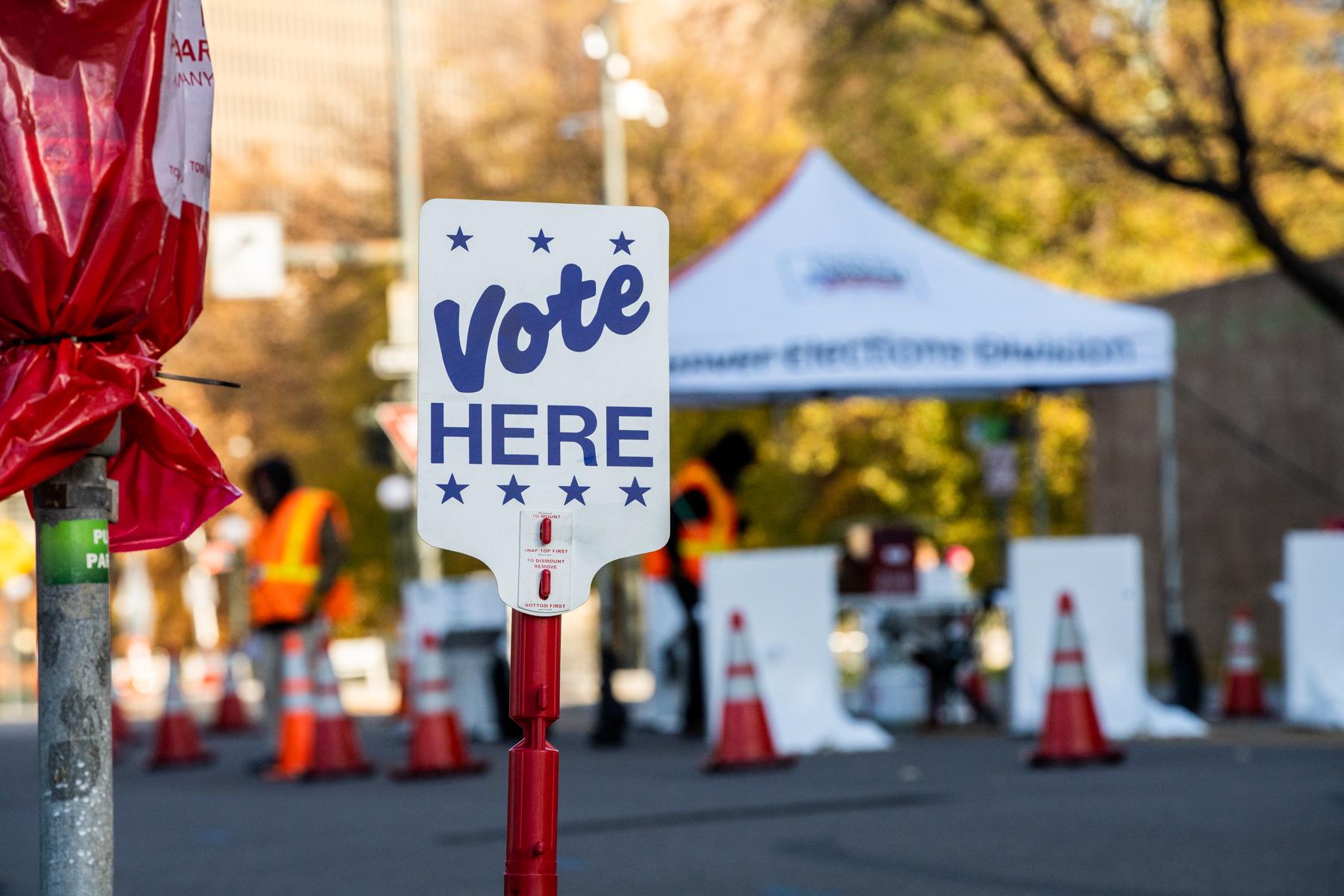The rollout of the first cycle of the City Council-approved Fair Elections Fund, which aims to level the playing field between well-funded candidates and those with fewer resources, has been sort of messy.
The April 4 election cycle is well underway. But questions about issues like donation contributions, the qualifying period and financial reporting deadlines linger.
Now the Denver's Clerk and Recorder's Office is taking tweaks to the rules to City Council's Finance and Governance Committee, hoping to make last-minute changes.
In the meantime, several Council members who are in the race are split on what's working about the program. In committee, Councilmember Amanda Sawyer argued the law needs even more immediate mid-cycle fixes about donation limits -- particularly when it comes to how much money people not participating in the Fair Elections Fund should be allowed to raise.
Here's what's not working, according to the Clerk and Recorder's office.
When the city decided to move up the election from May to April, officials failed to update and align the deadlines for when candidates should file their financials to the Clerk and Recorder's office. As of now, deadlines are too tight, creating headaches for both the Clerk's office and campaigns. The office proposes fixing that timeline.
The city also failed to update when candidates would qualify for the ballot. Now the Clerk's office is proposing to move it up from Feb. 13 to Jan. 19, to align with the date signed petitions to qualify for the ballot are due.
There's confusion about what constitutes a political action committee, and the Clerk's office wants to straighten that out. The Clerk also wants to clarify what the contribution limits are from small donor committees.
Finally, the office has been having a tough time recruiting organizations, from nonprofits and good government groups to media outlets, to host the flood of debates that need to happen in a bizarrely short window of time.
Each candidate who receives Fair Elections Fund money has to participate in two debates.
"That's upwards of 30 debates done in 15 days," said Andy Szekeres, the campaign finance administrator for the Clerk and Recorder's office. "Those all have to be hour-long debates sanctioned by nonprofits or good governance groups or sort of news organizations. The timeline currently is pretty unmanageable."
While many have applied to host the high-profile mayoral debates, finding groups to host debates for positions like, say, the auditor is proving tough.
When the city spoke with potential debate sponsors, they were flummoxed: "What do you mean, we have to do all these debates in a 15-day window?" Szekeres said.
There has also been a lack of clarity over which sorts of organizations can actually sponsor debates, he added.
Changes to the law would make those clarifications and extend the length of time debates can happen from Feb. 3 to 18 to Feb. 3 to March 13.
Here's what Councilmembers running for office say isn't working.
Sawyer, who declined to use Fair Elections Fund money, is irked about the amount she's allowed to raise per donor compared to those using the fund. She worries that losing candidates might sue the city over the discrepancy on the grounds that the unequal limits damaged their campaigns.
Her max, she says, is $400, while Fair Election Fund can raise $200 per donor, which is matched by the taxpayers, creating a $650 per donation in total.
Councilmember Chris Hinds noted Fair Elections Fund participants had additional requirements, from mandatory debates to more scrutiny over donations, that evened the playing field. Both those who are participating in the Fair Elections Fund and those who aren't face unique headaches.
Councilmembers also raised concerns about the $8 million cap on the fund.
Councilmember Candi CdeBaca, who was a proponent of the fund before she was elected to office, said the purpose of the Fair Elections Fund was to get more people to run for office. In that way, it appears to be working -- really well. There are 76 candidates and counting across city offices.
The $8 million cap was designed to prevent the Fair Elections Fund from turning into slush money. But the proponents didn't predict how many candidates would actually be interested in running. CdeBaca noted that she supports keeping the coffer filled.
While there is plenty to debate regarding caps and limits, not everybody thinks doing so a few months before the election, while people are already running, is a good time to change the rules.
"We wade into a legal battle if we try to change it now," said Councilmember Jamie Torres.
Here's what's next.
City Council's Finance and Governance Committee voted to take the Clerk and Recorder's proposed amendments to the full Council for consideration with some tweaks. The Clerk's proposed changes to the rules, which are in the city's charter, would require a vote of nine from the full Council and a public comment period.
While Sawyer suggested postponing the decision for another week to hammer out more details, Troy Bratton from the City Attorney's office noted that time was of the essence, since signatures to qualify for the race are due Jan. 19. Proposed changes to the amendments will be made ahead of the full Council hearing, and if they aren't, Council will refuse to hear it.
"I think the Clerk's office really does need to get this in as soon as possible," Bratton said.














